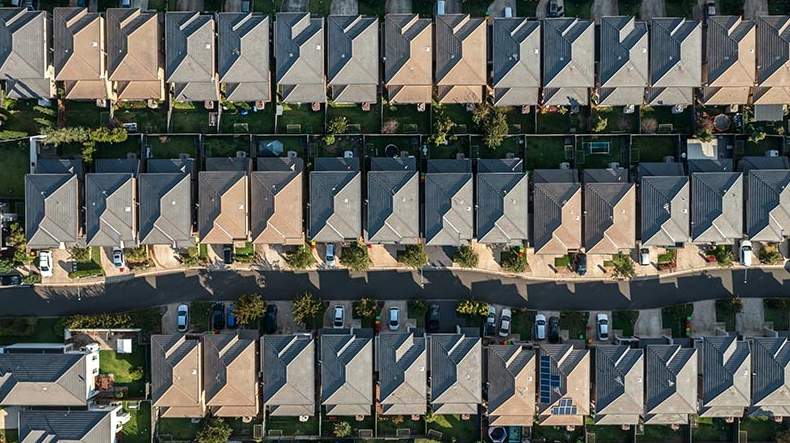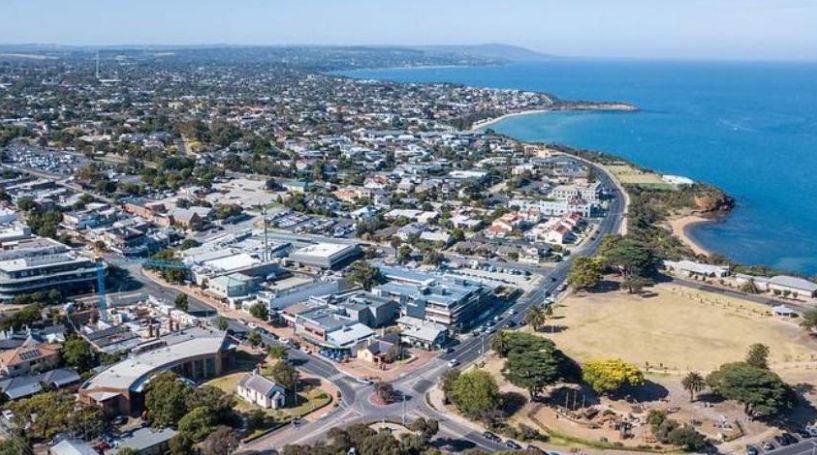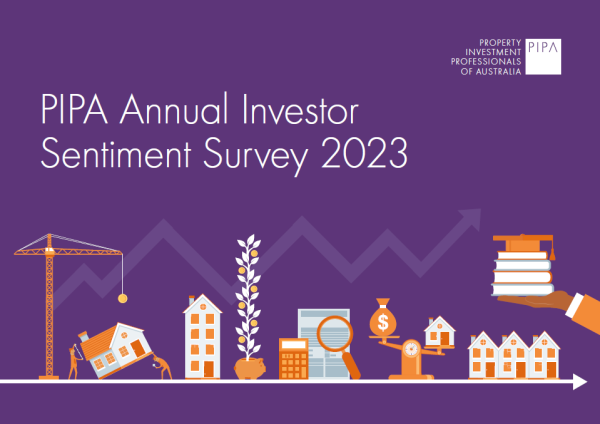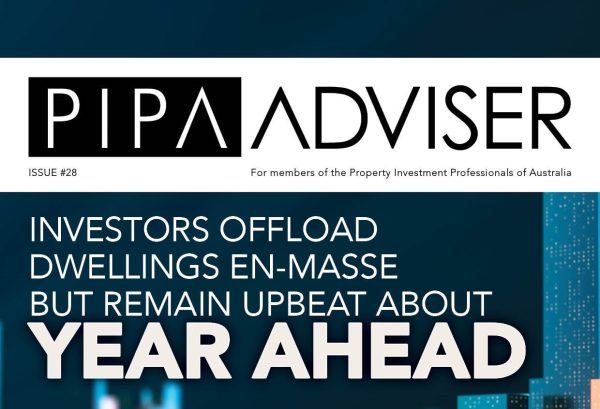Would rental caps solve or exacerbate the housing crisis?
Mar 2023Karen Millers
Categories
Location ReportsMedia releasesNational market updatesPersonal advisersPIPA AdviserPIPA Annual Investor Sentiment SurveysPIPA Member ProfilesPIPA video updatesPIPA webinarsPodcastsProperty advisersProperty newsLatest Articles
Rent rises ease but crisis’ link to population density found to be tenuous
Jordan van den Berg: The ‘Robin Hood’ TikToker taking on Australian landlords
Victorian property investors face yet another new property tax as council tests levy
Rentvesting in Australia: A deep dive
‘More chance of winning lotto’ than housing targets being met
According to a report by the Queensland Council of Social Service (QCOSS), house and apartment rents in Brisbane are up 33% and 23% respectively since the outbreak of Covid-19.
Key points
- Queensland Premier Annastascia Palaszczuk has indicated the state government will consider implementing a cap on rental increases.
- A report by QCOSS laid bare the extent of the housing shortage the state faces.
- The proposal has been attacked for pushing out investors, decreasing the rental supply.
- In the ACT, rental price growth is already capped at 10% above the rate of inflation.
Regional areas have seen even more dramatic jumps, with median rents soaring over the past five years including Gold Coast (up 33%), Noosa (up 51%) and Gladstone (up 80%).
QCOSS says there are more than 150,000 households across Queensland whose rental needs aren’t being met (either homeless or paying more than 30% of household income in rent).
About two thirds (102,000) of these would typically be eligible for social housing, more than four times than the number of people on the waiting list as of June 2021.
The report suggested Queensland had the most severe housing problems in Australia, with homelessness up 22% from 2017 compared to the national average of 8%.
Aimee McVeigh of QCOSS said the crisis is much bigger than the group initially thought.
Ms Palaszczuk told reporters she was looking at rent caps, and sympathised with the stress soaring rates are causing families.
“I understand that this is a big issue for families, they are constantly being faced with huge increases in rent.” Ms Palaszczuk said.
Across Queensland, vacancy rates have declined over the last few years, dwindling below 1% in many areas, allowing landlords to charge increasingly exorbitant rent.
Several Queensland suburbs including Surfers Paradise and Banksia Beach were among a list published by Proptrack of areas that have seen the biggest median rent price increase over the last twelve months.
‘A government with no grasp of basic economics’
The suggestion was immediately slammed by the real estate industry, who say capping rents would be a catastrophic mishandling of a problem caused by low housing supply.
Real Estate Institute of Queensland CEO Antonia Mercorella called it ‘beyond belief’ that the government were suggesting a move that would discourage investors from buying and holding rental properties.
“The thought bubble announcement yesterday around contemplating rental controls shows a Government with seemingly no grasp on basic economics,” Ms Mercorella said.
“No one denies that there is an immense amount of pressure for the most vulnerable in our community, but rent controls or freezes are not the answer.”
Chairman of the Property Investment Professionals of Australia (PIPA) Nicola McDougall said that rental caps would be the latest in a series of poorly thought-out policies that have disincentivised property investors, and thus caused rental shortages.
“Since late 2014, we have seen investor-targeted APRA lending restrictions come and go; negative gearing and capital gains tax laws continually on the chopping block, emergency tenancy laws enacted during the pandemic; and mooted rental caps now being the latest attack on investors,” Ms McDougall said.
“Given property investment should be a long-term strategy, no wonder hundreds of thousands of investors are offloading their properties in reaction to the head spinning array of financial and legislative imposts that are forever levelled at them.”
Simon Pressley of Propertyology, who has spent years warning against policies targeting landlords, said he would not be surprised to see a “national eruption of widespread rage” if Queensland and other states follow through on the cap.
“Already, the typical supplier of a $650,000 rental property has seen their net annual cash flow shortfall blow out by an extra $11,000 over the last 12-months,” Mr Pressley said.
“It’s plausible that the public reaction to the latest in a series of rental supply restrictions could create a level of national tension that spills out into the streets.”
In the ACT, rental price growth is already capped at 10% above the rate of inflation.
Signs of rental crisis easing?
SQM Research data released last week shows the combined dwelling asking rent price in Brisbane was $600 per week, up 20.8% on 12 months ago.
That said, across the country, vacancy rates have risen slightly.
“I was expecting a decline in rental vacancy rates over February. However, the result came in steady and indeed we recorded sharp rises for some regions,” SQM managing director Louis Christopher said.
“Further, I think we now have hard evidence that the rental crisis is now easing in Canberra, Darwin and Hobart. It isn’t just February we have recorded rises in these cities; they are also up compared to this time in 2022.
“Could we be seeing some light at the end of the tunnel for our national rental crisis? Perhaps for some cities and regions, yes. However, we still remain very concerned for the situation in Melbourne, Sydney and Brisbane where most international arrivals first land.”
Originally Published: Harry O’Sullivan | Savings.com.au | 21 March 2023




